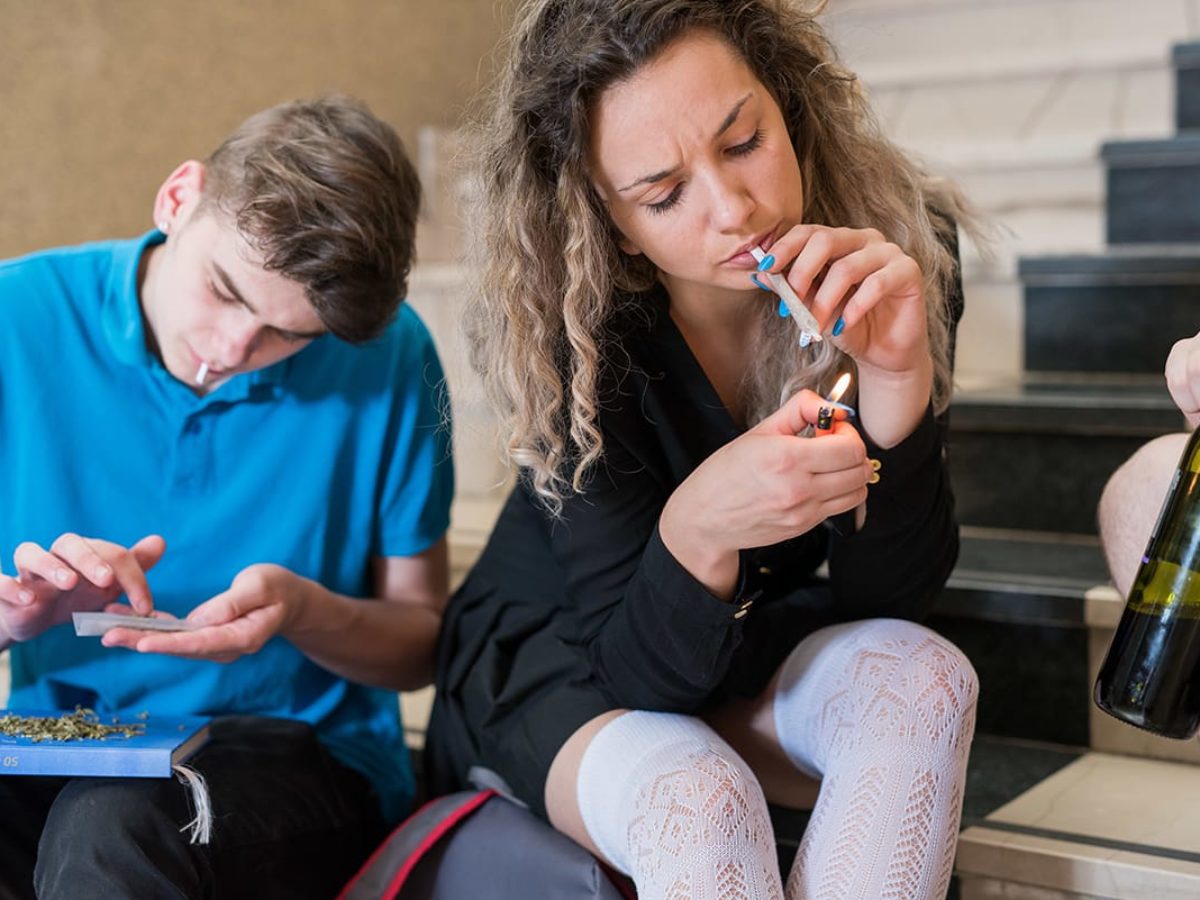The Complete Guide to Teenage DrugAlcohol Usage

Addiction is not a character fault, moral failing, or a sign of weakness. Millions of people of different ages, ethnicities,socioeconomic levels are impacted by this widespread condition.
Table of Contents
Addiction Is A Mental Illness, Really.
Around 10% of American people are now affected by addiction, a chronic condition that alters both brain structurefunction.
With addiction, your brain’s normal wants are replaced by those of the drug you’re hooked to. The altered brain causes you to no longer appreciate other people’s activities. Beginning with an awareness of pleasure, the changes lead to a drive toward obsessive action to satiate that need. Sometimes, when you try to stop using, the addiction makes it harder for you to control your urges.
The brain is significantlypersistently impacted by addiction. Three ways in which this impact shows up are:
- craving the addiction’s target
- losing control over how it is used
- interest in it despite the issues it generates
Substances that cause drugalcohol addiction take over the brain’s reward system. This could result in a person becoming physically dependent on drugs.
When they quit using drugs or reduce their use, some people experience unpleasantoccasionally harmful bodily effects. Despite the unfavorable results, these alterations lead to a diminished capacity for impulse control.
Seldom Does Addiction Act Alone.
Substance use disorders can emerge as a result of stress, worry, trauma,despair, which might pose significant difficulties for your mental health.
According to studies, many people who suffer from various mental diseases also battle drugalcohol addiction. Several people who suffer from a substance use disorder (SUD) also have additional mental health issues or diseases. Dual diagnosis is the term used to describe this.
Who Can Get Addicted? Anyone
Addictions to alcohol or drugs can occur in people of different ages, ethnicities,social classes. There are a number of elements that contribute to the development of addiction, even if certain groups are more susceptible than others.
Genetics
According to research, genes influence the likelihood of acquiring a mental disease as well as a drug use problem. Genetic alterations might result from environmental causes like stress or trauma. Also, we are aware that some genes are handed down within families. The emergence of a drug use disorder or other mental diseases may be facilitated by these changes.
Mental Health
According to research, various mental conditions enhance the likelihood of developing addiction problems.
An individual who is dealing with a mental ailment, for instance, can turn to medications in an effort to feel better. Despite the appearance that it does so, using alcoholdrugs frequently has terrible, long-term impacts. The brain’s rewarding effects intensify with continued drug use, often leading to the emergence of new addictions.
What Leads to Dependence?
Addiction has many causes, not just one. Yet, a few variables may play a role in whether you start using or abusing drugs.
Peer Influence
Your pals could persuade you to do drugs with them. Due to a desire to fit in or a concern about losing friends, many people give in to peer pressure.
Availability
When drugsalcohol are readily available at work or home, people may begin using them. Parents may occasionally expose their kids to drugs. Children who grow up in a home where adults use drugs or alcohol may be more likely to start using themselves.

Life’s OccasionsTrauma
Some of the circumstances that may lead you to turn to drugs or alcohol for solace or an escape include financial difficulties, a tragic breakup, or the loss of a close friend or relative.
Also, those who are frequently under stress (such as first responders or members of the military forces) are more prone to addiction. According to research, 60–80% of those who have PTSD also struggle with drug abuse. In order to cope with stress or to treat symptoms like anxiety, despair,irritability, PTSD sufferers may turn to drugsalcohol.
How to Spot Someone Who Is Having Addiction Issues ?
Both a physicala psychological reliance on the substance can occur in people with substance use disorders. Depending on the substance, some of these symptoms may appear almost immediately, while others develop graduallyover time.
Not every one of these signs will appear in a person who is battling an addiction. Yet, any of these symptoms can point to ongoing drug use.
TreatmentDiagnosis of Addiction
The good news is that it is feasible to undergo addiction therapy that is both efficientsecure. Treatment of drug use disorders has seen great success with both medicinecounseling.
Therapy reduces the likelihood of relapsing in the future in addition to helping manage addictive behaviors. Also, there is never a bad time to get help because each patient has a unique care plan that is tailored to their specific requirements. Each patient is unique.
Inpatient Care/Detox
For those who are physically dependent on drugs or alcohol, there is a short-term therapy option available.
Those quitting alcohol, benzodiazepines,barbiturates may need to undergo detox since the withdrawal symptoms can occasionally be deadly if not treated by a doctor. Patients are observed by medical personnel to guarantee a securecomfortable withdrawal.
There Is Yet Hope For Recovery!
A meaningful life must be rebuilt in order to achieve recovery, in addition to taking drugsreceiving counseling. When you start to increase your involvement in your communitybegin to restore your familysocial contacts, this process can be slowdifficult. Sadly, people who struggle with homelessness, financial instability, a lack of social supports, or low levels of education may find the procedure challenging.
Also, engaging in new interests might give your life significance during the rehabilitation process. Understanding that your difficulties are typically transient can help you recover from addiction successfully. Recognizing that life is not always designed to be enjoyable is another aspect of recovery.
